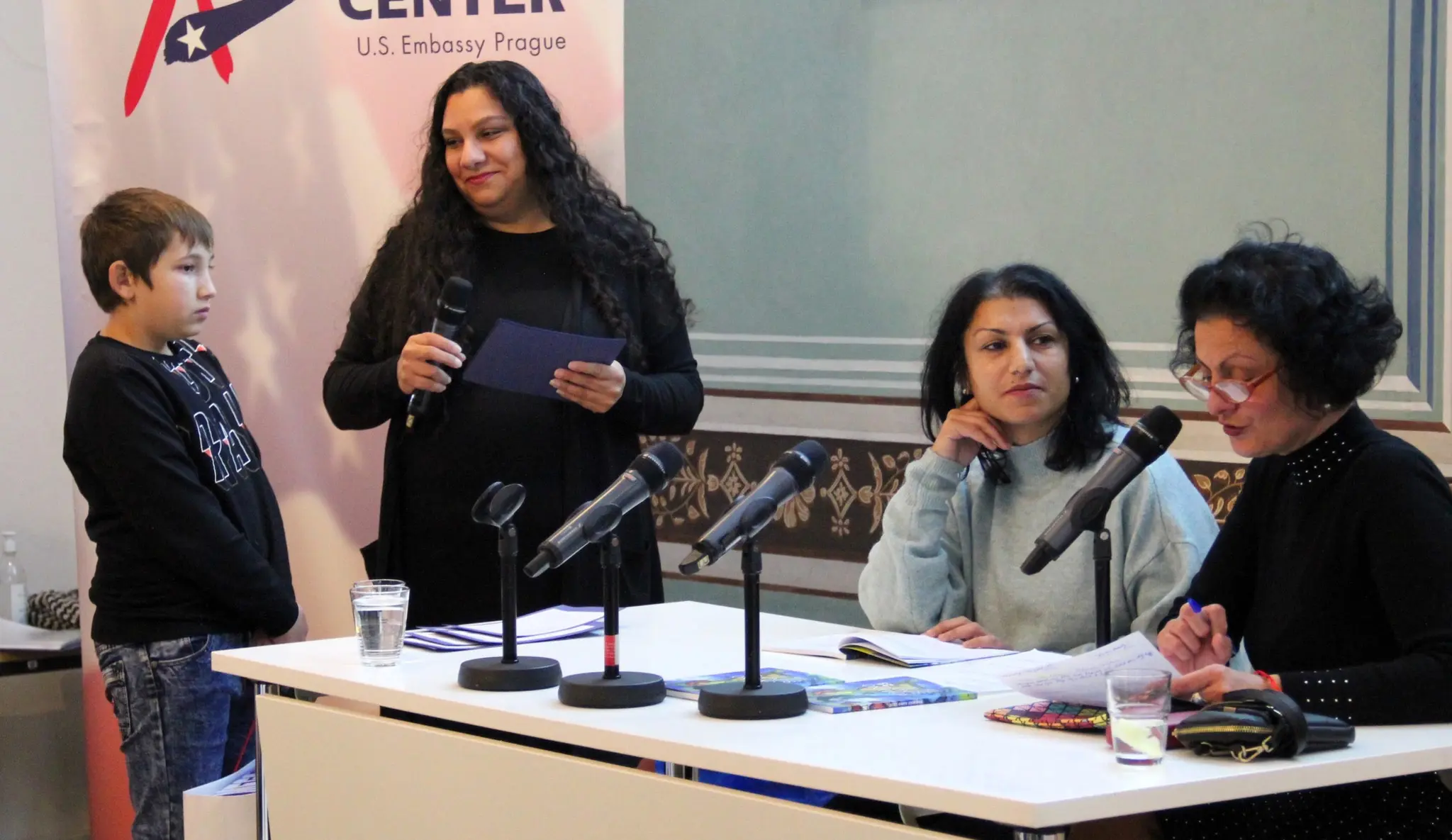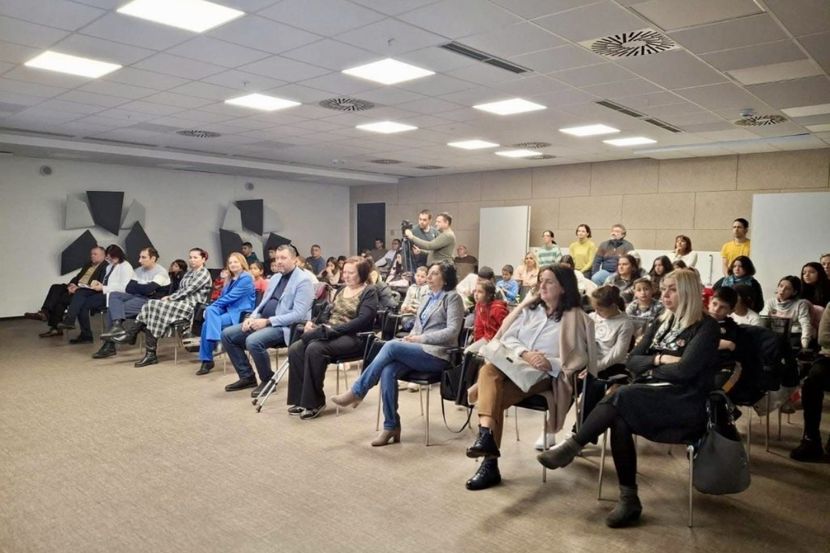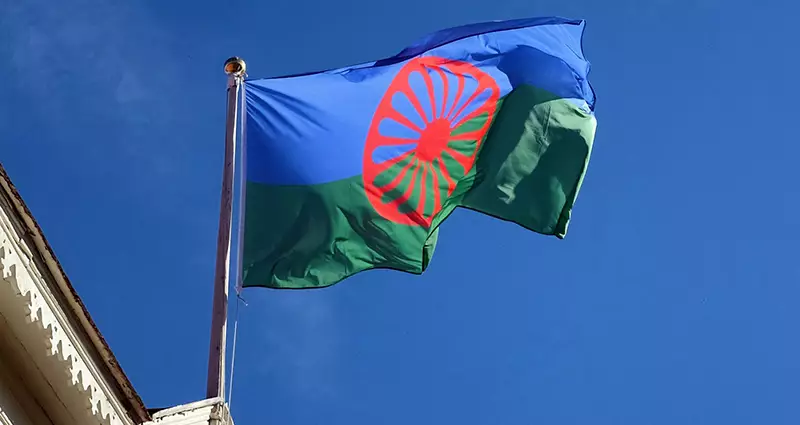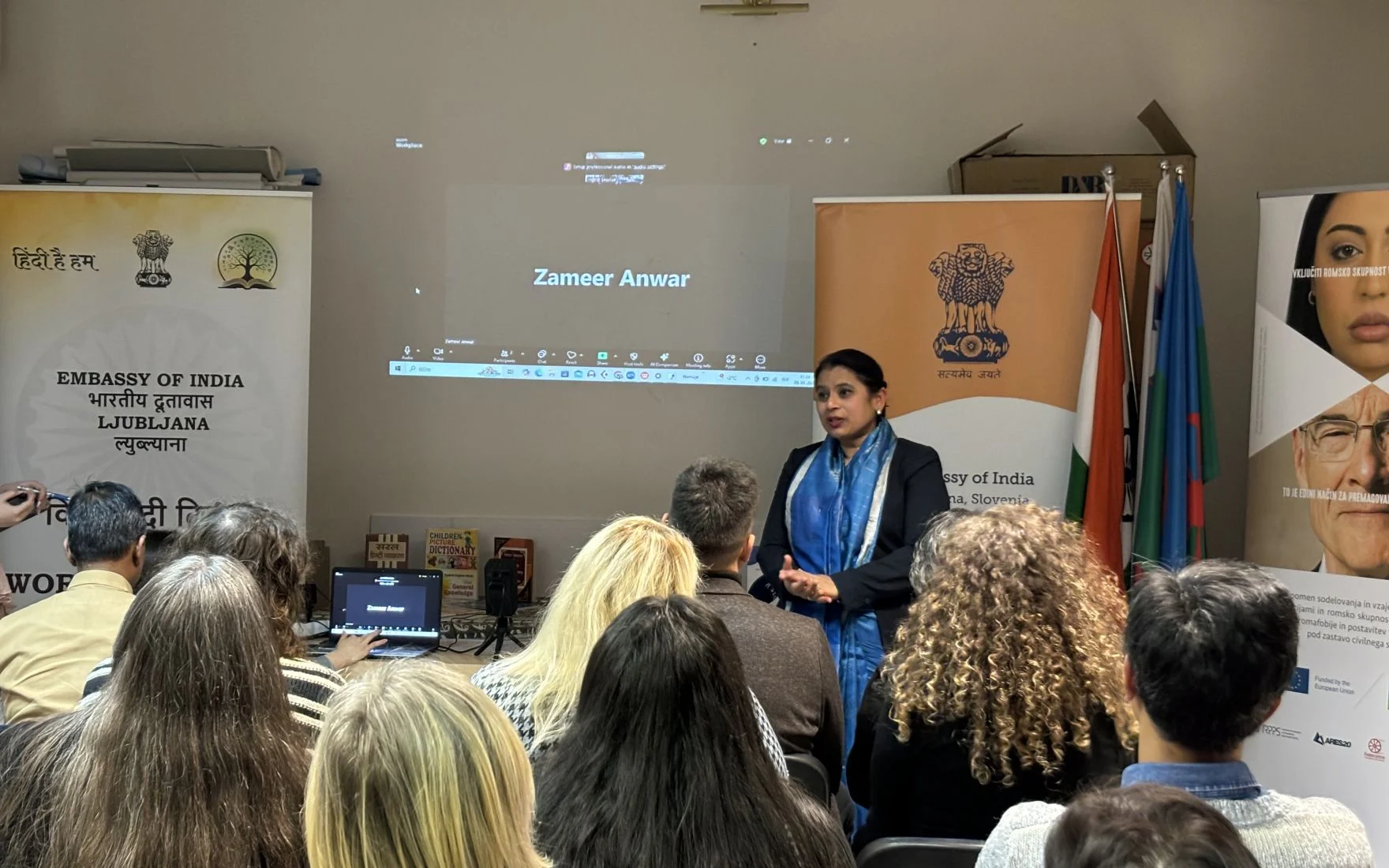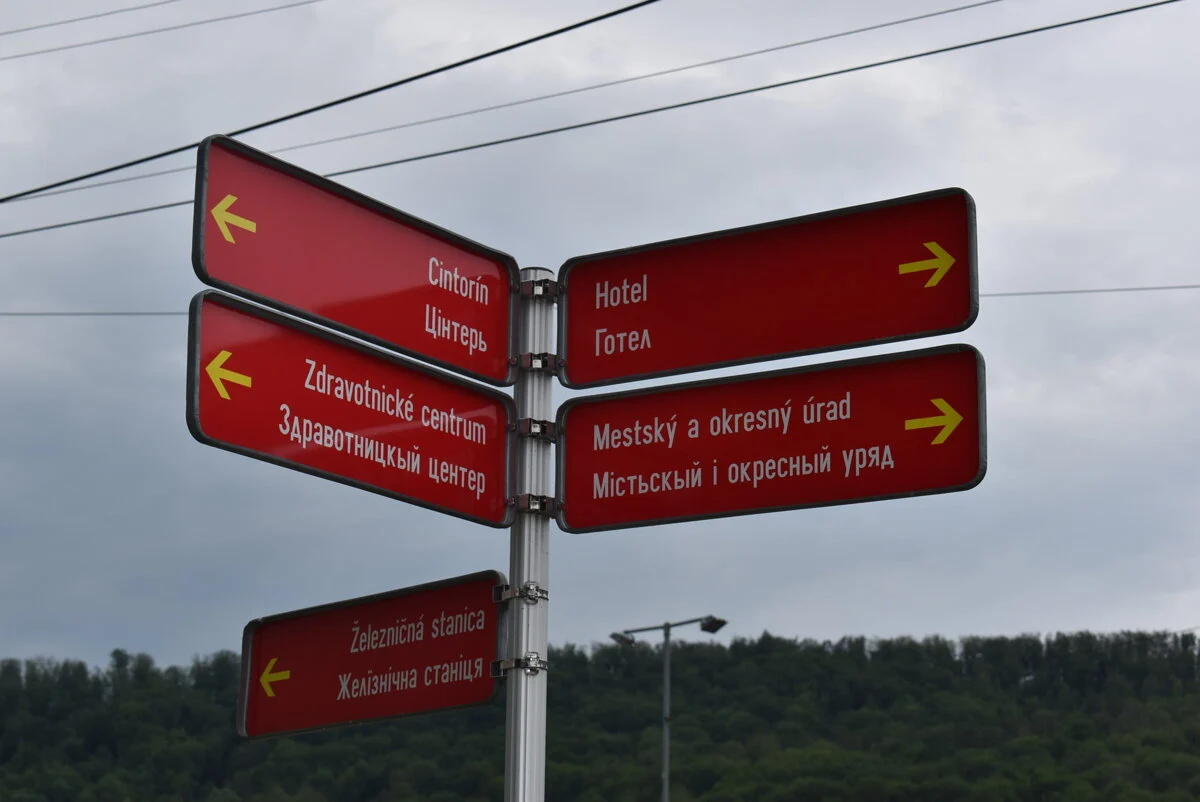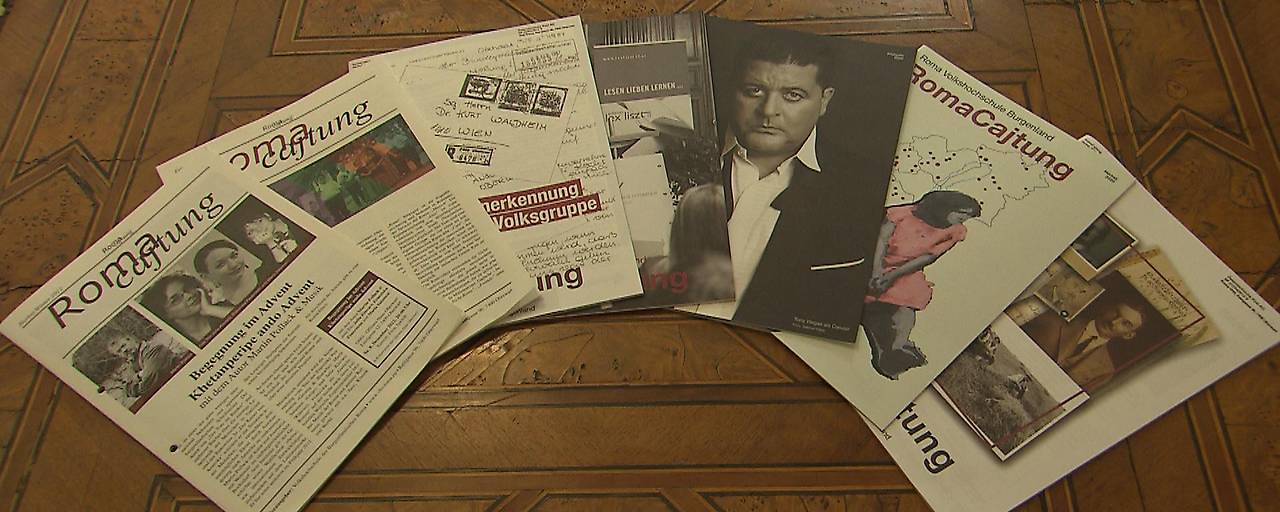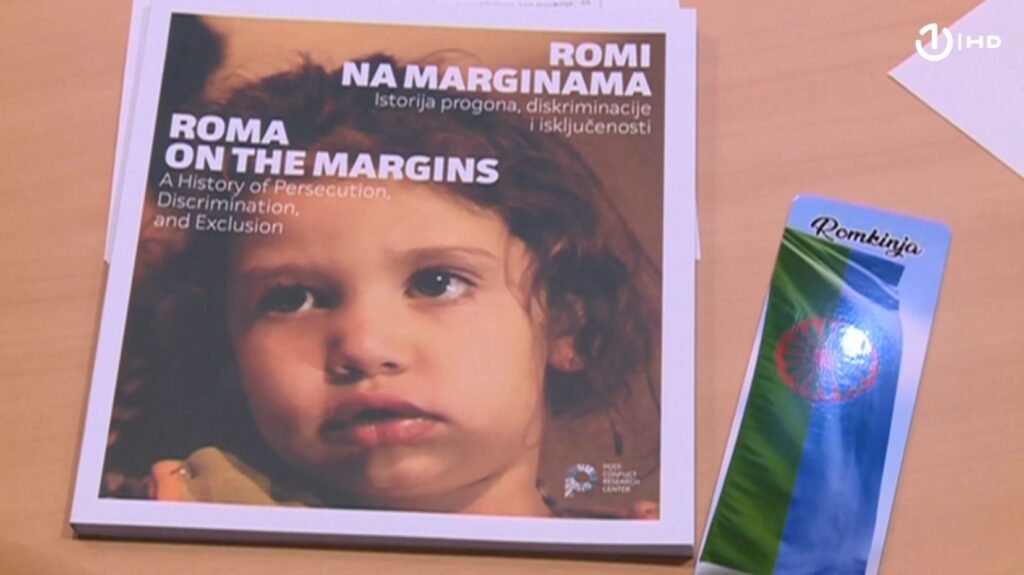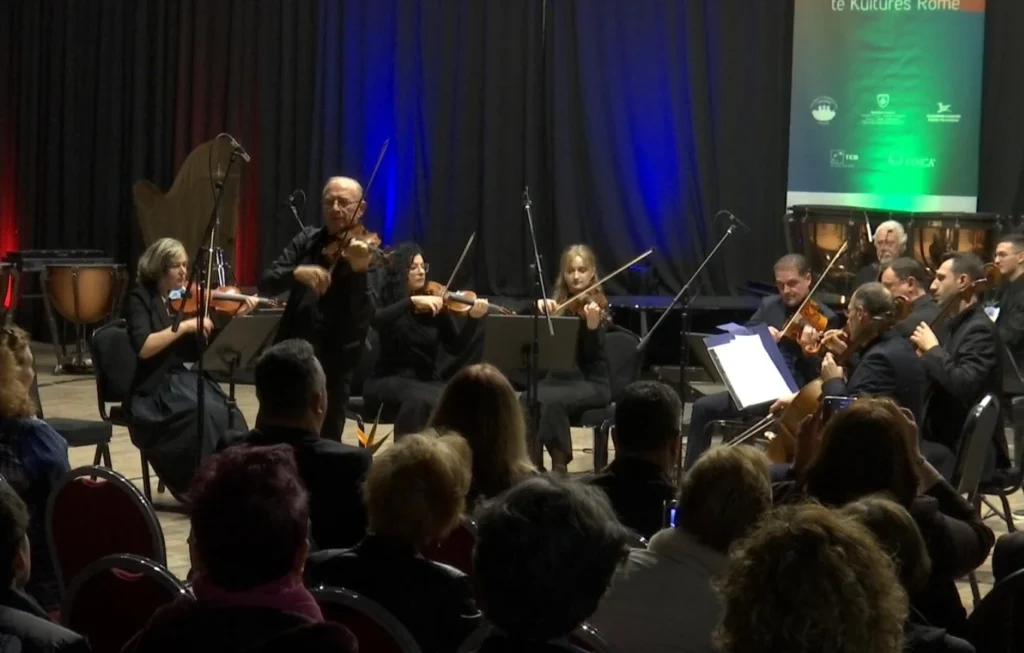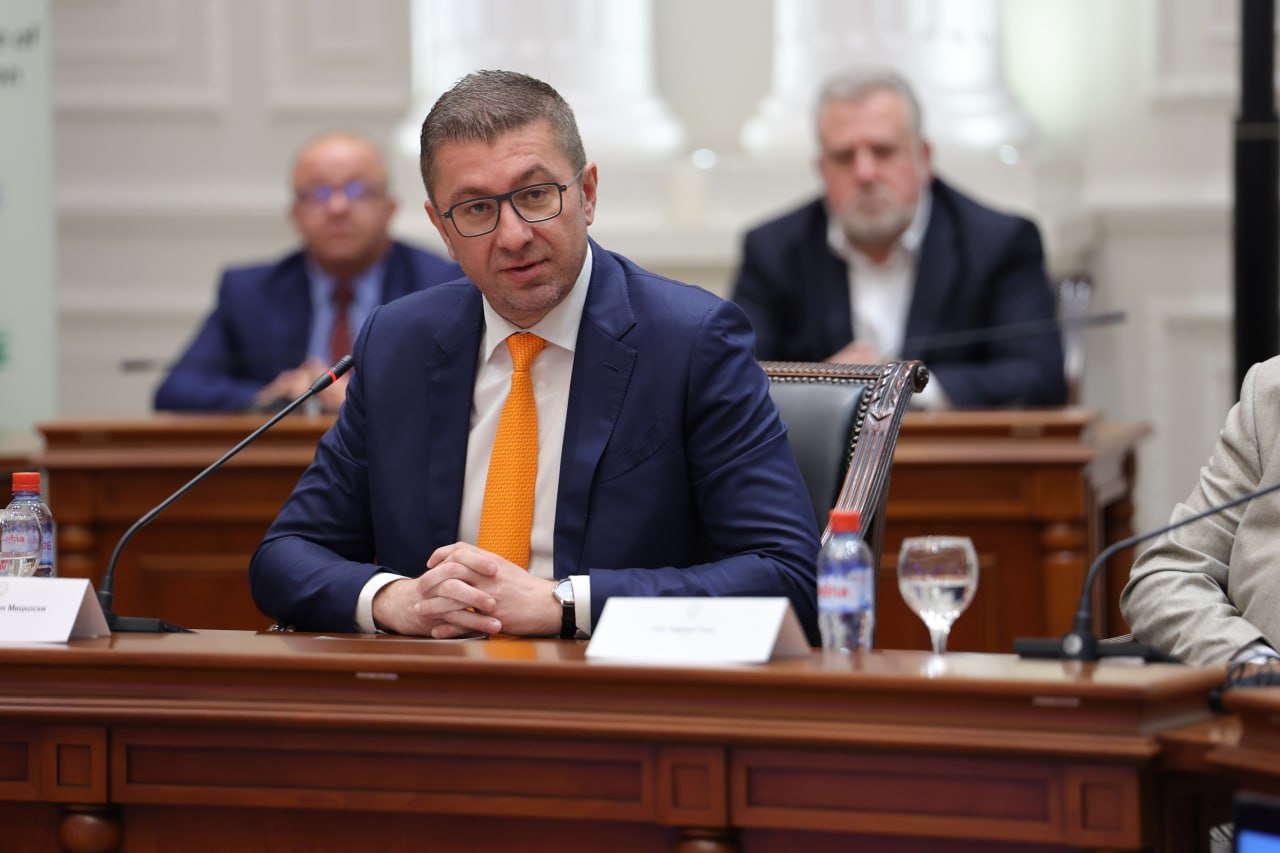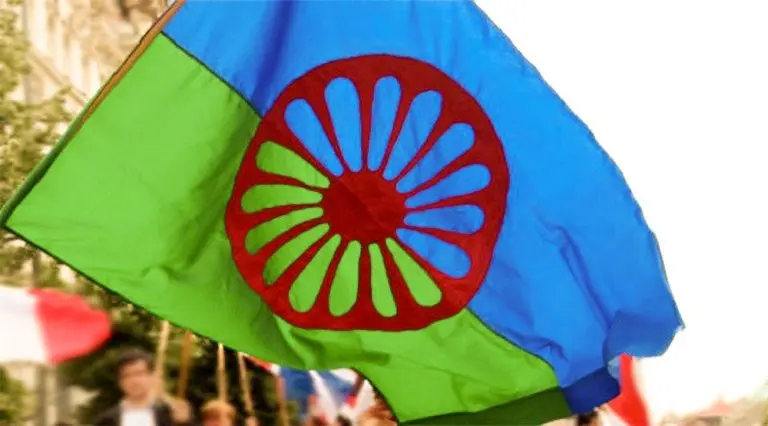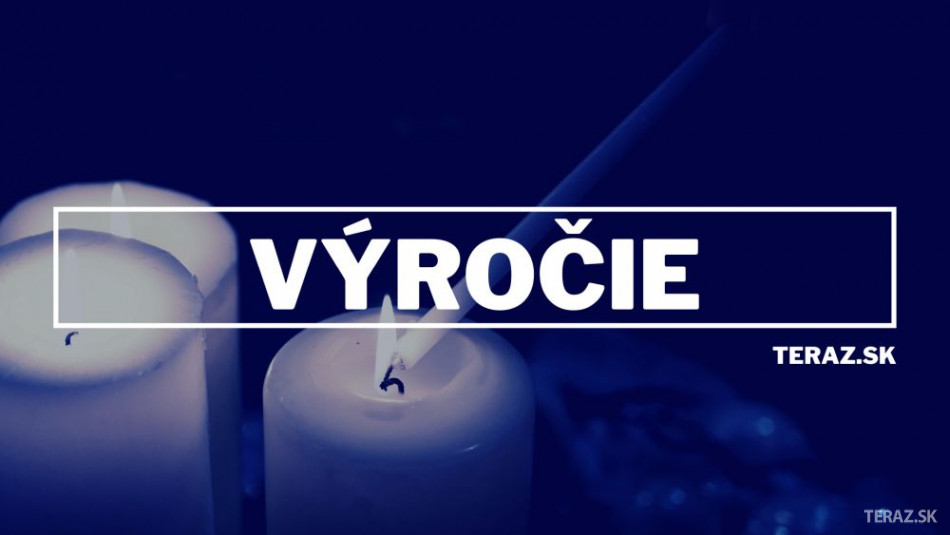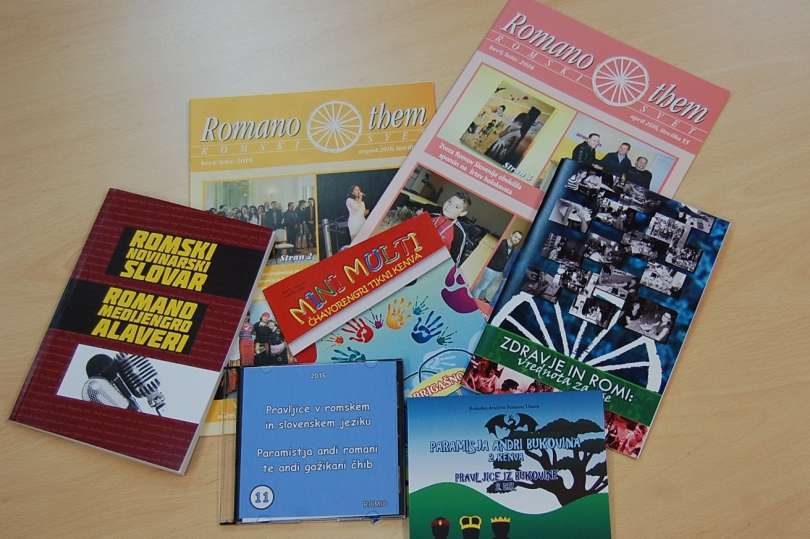The Romano suno (Roma Dream) competition has been organized by the non-profit organization Nová škola since 1996. It is open to everyone who knows Romanes and wants to write their own text in that language, make a video, or compete live in Romanes. The purpose of the competition is to encourage people to take an interest in Romanes, to create in it, and to use Romanes publicly.
- Nová škola, o.p.s. otevírá další ročník soutěže v romském jazyce s názvem Romano suno. In: Radio Žurnal 04.02.2025. https://radiozurnal.rozhlas.cz/nova-skola-ops-otevira-dalsi-rocnik-souteze-v-romskem-jazyce-s-nazvem-romano-9405779
- Romano suno 2025: Jakou superschopnost byste chtěli mít? Napište o ní v romštině! In: Romea. 05.02.2025. https://romea.cz/cz/kultura/romano-suno-2025-jakou-superschopnost-byste-chteli-mit-napiste-o-ni-v-romstine
